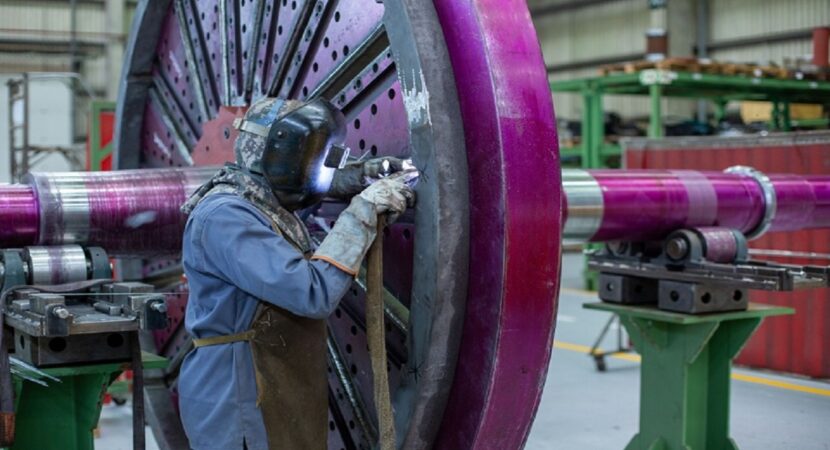
Bearing in mind that 83% of the Brazilian energy matrix comes from renewable energies, Valmet has created a technology that can increase this number, replacing fossil fuels such as natural gas, diesel and oil with purified methanol
After the Ministry of Mines and Energy carried out a survey stating that Brazil has around 83% of its energy matrix originated from renewable sources, with hydroelectric, biomass, wind and solar systems, Valmet, a leading company in the creation and supplying technologies and services to the pulp, paper, energy and automation sectors, it has developed an incredible solution for purifying the methanol produced at the pulp mill, which can replace fossil fuels such as oil and natural gas.
Read also
Technology promises better quality and replacement of fossil fuels
According to Filipe Centenaro, process engineer at Valmet in South America, the technology guarantees higher quality when compared to the traditional methanol plant. Through the new method, this by-product of the plant becomes an efficient fuel that can outperform Natural Gas and Oil.
Due to its reduced environmental impact, its application inside the pulp mill is quite flexible. In addition to saving natural resources, Valmet's methanol purification process could also open the door to new applications, both at the factory itself and for consumers abroad.
The ease of acquiring the material that can replace fossil fuels
Valmet's new technology can be applied with the modernization of methanol liquefaction plants, either to reduce the impact on the environment or its use as a raw material.
According to the engineer, the advantages of purifying the material range from its use as an input in the chemical plant, or as fuel in the factories and even in the commercialization of the purified product, which could replace fossil fuels such as natural gas, diesel and Petroleum.
A cellulose plant with a production of 1 million tons of cellulose per year can produce more than 35 tons of methanol per day. Only in the direct substitution to oil, the economy reaches a few million dollars a year, estimates the Valmet engineer.
New technology will expand methanol's usefulness
According to Centenaro, the potential application of the chemical compound, which can replace fossil fuels, is vast, but its most likely use is within the pulp mill, where it is produced. In order to be sold on the market as commodity, the methanol purity must reach the IMPCA level, which is an international quality standard.
However, not every application needs this purity, which can greatly improve the implementation cost and payback. Many pulp mills buy fossil methanol to produce chlorine dioxide in the chemical plant, so replacing it with forest-based methanol would bring savings of millions per year.
Another advantage of the material that could replace natural gas, diesel and oil is the increase in cellulose pulp production when the fuel side of the recovery boiler is the plant's bottleneck. The best characteristic of methanol is being able to allow its use in other applications, without impacting on the increase of emissions.













Army summons Brazilians with up to…
Come be a watermelon, you too
Air Force F-16 fighters…
Which genocide are you talking about? Than…
Air Force F-16 fighters…
Everything is fine, 100-year secrecy,…
Air Force F-16 fighters…
Well... It's flying scrap... Typical...
Brazil begins an ambitious journey…
Very poor project with the final station…
Unbelievable revolutionary and even scary...
It's a big step forward, I can't deny it!…
Looking forward to starting
The responsibility of a commander of any…
Hello, my name is William, I would like to participate…
The matter is made announced the price…
I love
Excellent innovation that will heat up the competition.